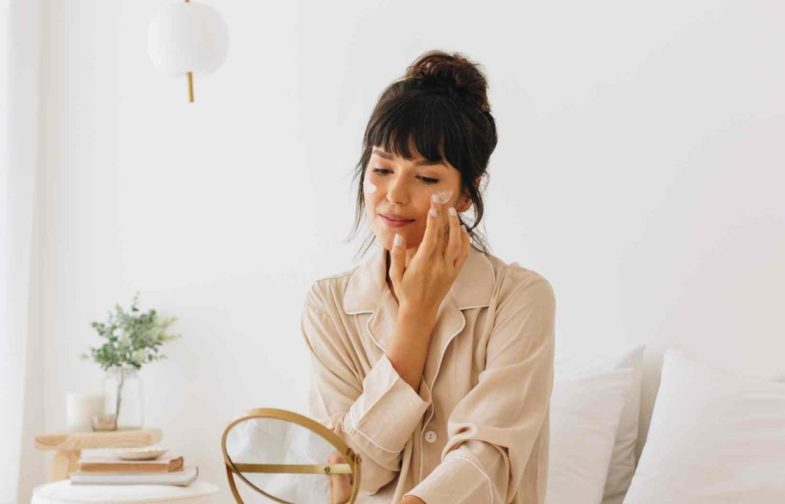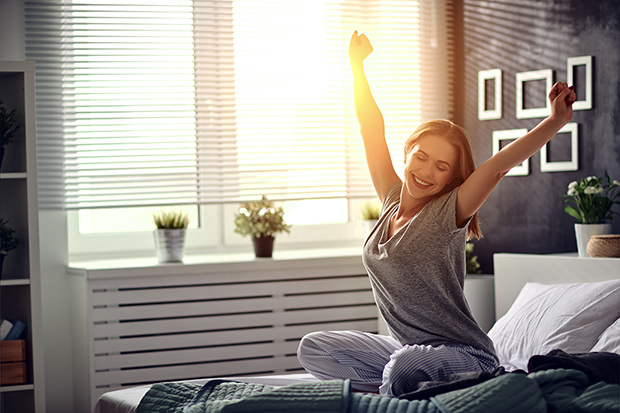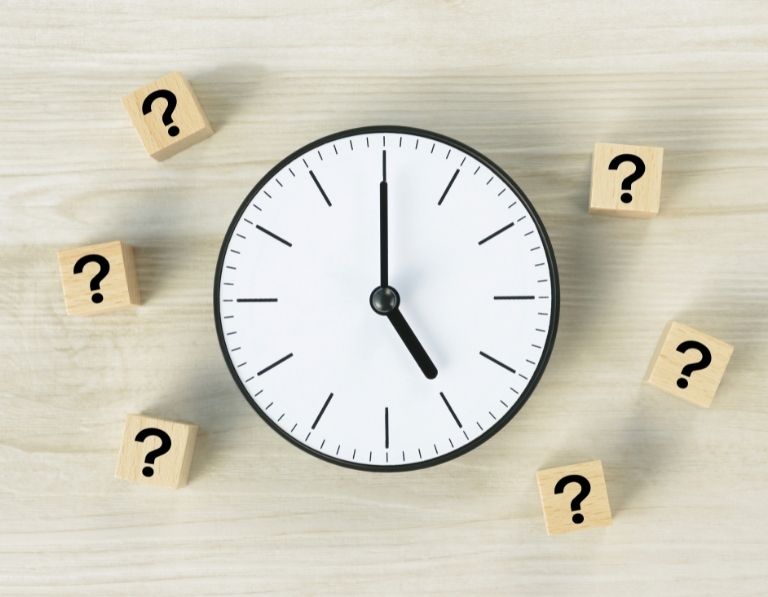Balancing Career and Self-Care: A Guide for Modern Women
Self-care is an increasingly valued practice with deeper meaning. It means taking care of yourself, being attentive to your own needs and developing habits aimed at well-being is fundamental, and we have all learned its importance.
Self-care is much more than just taking care of your skin or having a massage, it is an essential practice for our mental and physical health, especially in times of uncertainty and insecurities.
In this article, I’m going to share with you the biggest lessons I’ve learned about the importance of taking care of myself, and the areas where I advise you to pay more attention.
Cherish your time
In recent years, many of us have realized the value of time and how important it is to take care of ourselves. Adopting self-care habits, such as taking a break to relax, can help alleviate stress and anxiety.
Learning to enjoy idle moments, without blame or judgment, is part of self-care, as an exhausted mind and body does not help us to be productive or better people.
Each person is unique
Self-care also involves understanding that each person faces and overcomes moments differently and that we should not compare ourselves with others. Each person is unique and has their own needs and limitations, and it’s important to be kind to yourself in all walks of life.
Self-care should be pressure-free
There is a lot of talk about self-care, and about techniques that “everyone” should do. In the end, we find ourselves with a list of morning routine actions, which we would need the whole day just to accomplish. This is not self-care!
Self-care should be practiced without pressure, without the need to fit into a certain pattern or follow current trends. It’s important to find what works best for each person and create self-care habits that bring benefits and pleasure.

Suggestions for self-care actions to find the best ones for you:
- Set Clear Boundaries: It’s important to set boundaries between work and personal life. Try to switch off from work when you’re at home, and avoid constantly checking email or working after office hours.
- Healthy Eating: Maintaining a balanced diet is essential for physical and mental well-being. Try to incorporate fruits, vegetables, lean proteins and whole grains into your daily diet.
- Regular Physical Exercise: Physical exercise is an excellent way to relieve stress and increase energy. Try to find an activity that you enjoy, be it walking, running, yoga, dancing, among others.
- Time For Yourself: Set aside some time for yourself every day, even if it’s just half an hour. It could be to read a book, meditate, take a relaxing bath, or simply be silent.
- Get Enough Sleep: Adequate sleep is essential for physical and mental health. Try to maintain a regular sleep routine and create an environment conducive to good rest.
- Socializing: Spending time with friends and family can help relieve stress and provide a sense of belonging. Make an effort to maintain social relationships, even if it’s just a coffee or a quick call.
- Relaxation and mindfulness practices: Techniques such as meditation, yoga or breathing techniques can help reduce stress and anxiety. Try to incorporate these practices into your daily routine.
- Seek Professional Support: If you feel overwhelmed, anxious or depressed, don’t hesitate to seek professional help. Therapists and counselors are there to help and can provide valuable strategies and tools for dealing with stress and pressure.
Conclusion
Self-care is essential for physical and mental well-being and should be incorporated into our daily lives.
Learning to value time, understanding that each person is unique and practicing self-care without pressure are important steps to cultivate healthy habits and improve quality of life. Invest in yourself and see how small self-care actions can have a big impact on your life.







